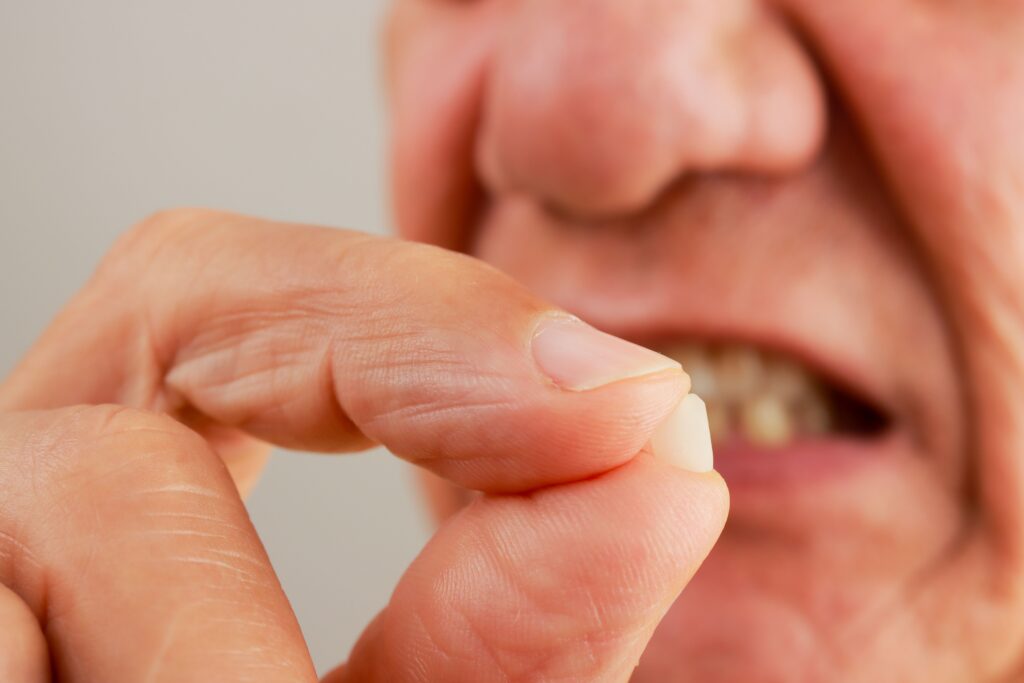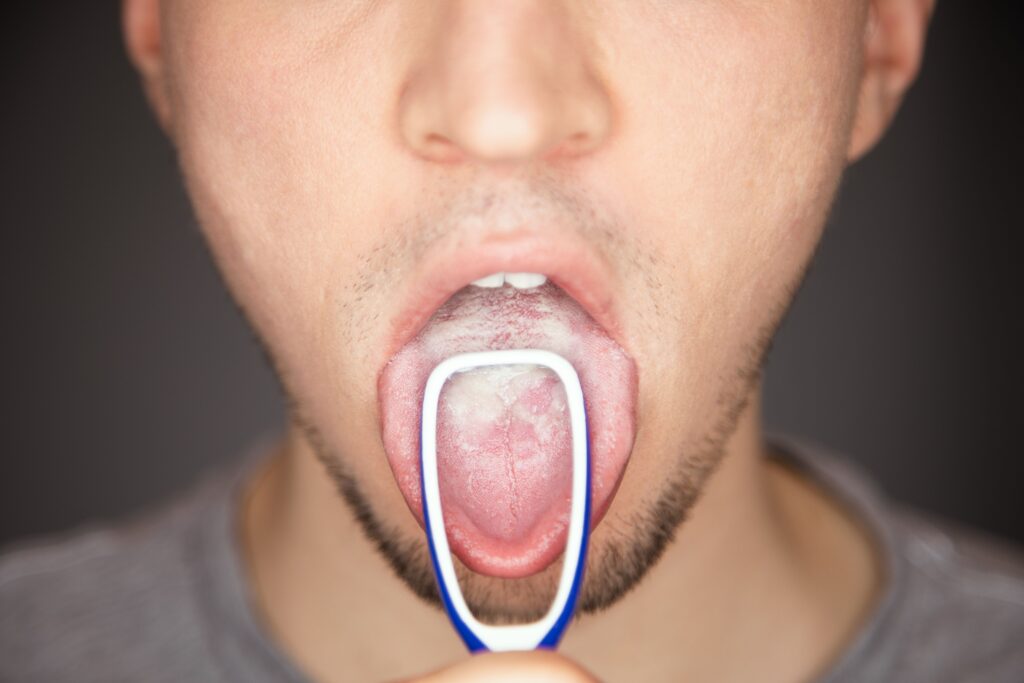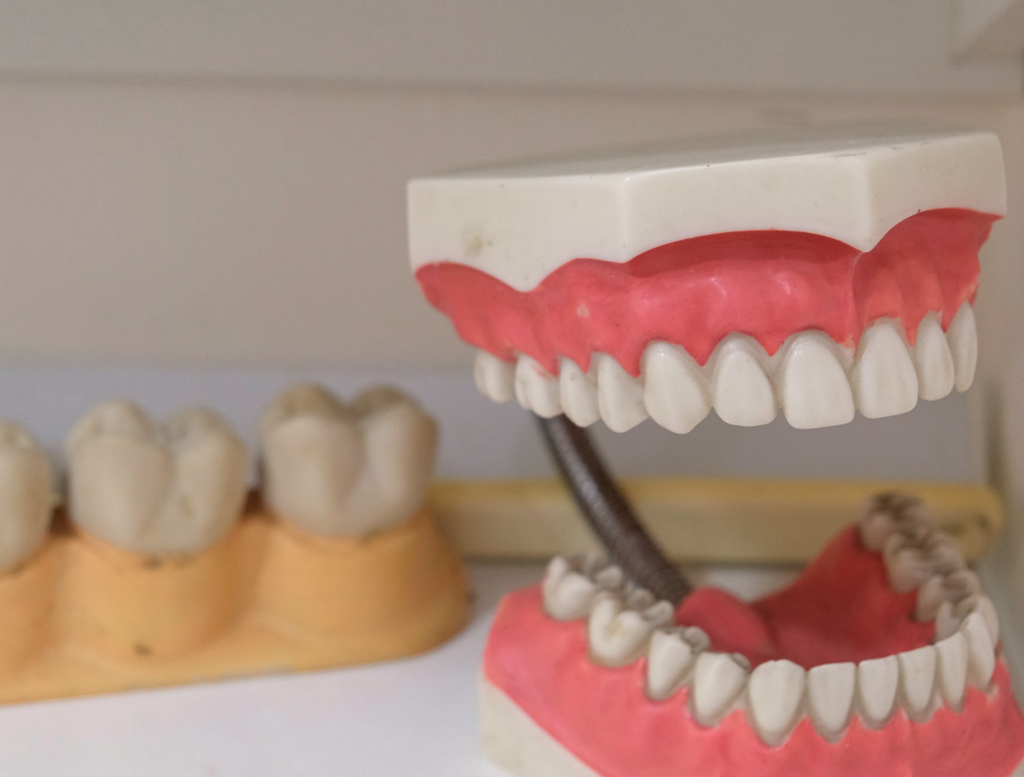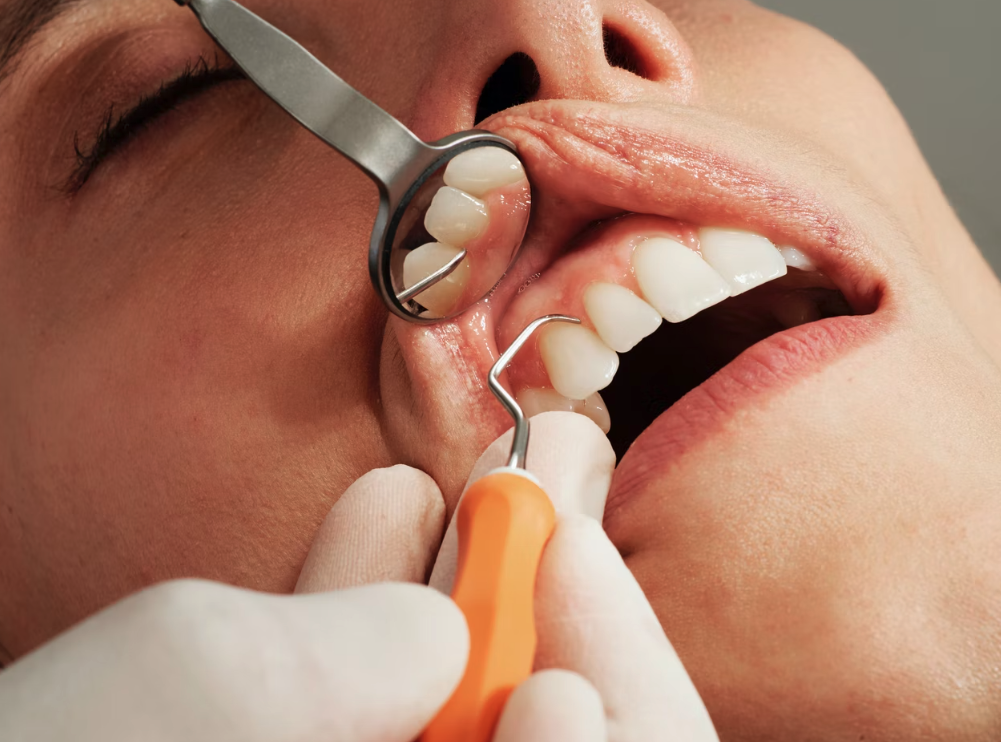A chipped tooth can be an unexpected frustration—is it something you can ignore, or does it require immediate attention? If you’ve recently chipped a tooth, you may wonder if the rough edge will naturally smooth out over time or if you’ll need dental treatment.
This article explores all you need to know about chipped teeth, including what happens to them over time, when to visit a dentist, and ways to keep your teeth healthy.
What Happens to a Chipped Tooth Over Time?
If a very small portion of your tooth is chipped, it might eventually smooth out on its own. This happens because your everyday activities, like chewing and speaking, combined with the saliva in your mouth, can gradually wear down the sharp edges. However, this natural process takes months or even years, and it won’t restore the lost enamel.
Important Note: If the chip is larger, goes deeper into the tooth, or exposes sensitive layers, it won’t smooth out on its own and could lead to other dental problems.
Does a Chipped Tooth Feel Rough?
Yes, a freshly chipped tooth can feel rough against your tongue or the inside of your cheek. This sensation is caused by the exposed enamel or dentin, which may not have the smooth texture your original tooth surface had. Over time, small chips might feel less noticeable, but larger chips will often remain jagged and uncomfortable.
When to Seek Professional Advice
If your chipped tooth:
- Is painful
- Has a sharp edge that cuts your tongue or cheek
- Exposes the dentin (the layer beneath enamel)
- Feels loose, wobbly, or sensitive to temperature
It’s best to consult a dentist as soon as possible. Ignoring these symptoms can lead to complications like decay, infections, or even tooth loss.

Can Chipped Teeth Heal?
Teeth do not regenerate or heal like bones or skin. Once a part of your tooth is gone, it won’t grow back. However, the effects of a chipped tooth can be managed in a few ways:
- Small Chips: These may smooth out over time naturally or be polished by your dentist for comfort.
- Large Chips or Cracks: These often require treatment like dental bonding, a crown, or even a root canal if the nerve is exposed.
If you experience pain or sensitivity, your dentist can recommend solutions to protect the tooth and restore its function.
Are Small Chips in Teeth Normal?
Yes, minor chips are relatively common. Everyday habits such as chewing hard foods, grinding your teeth, or minor dental trauma can lead to small chips. Generally, small chips don’t cause serious issues, but they should still be monitored.
Causes of Chipped Teeth
- Chewing Hard Objects: Ice, hard candies, or non-food items like pens can crack your enamel.
- Grinding or clenching your teeth during sleep can wear down enamel and make your teeth more prone to chipping.
- Accidents: Slips, falls, or sports injuries might cause significant chips.
- Weakened Enamel: Poor oral hygiene, acidic foods, or certain medical conditions can weaken enamel over time.
If you notice chips forming easily, it might be time to review your habits and consult your dentist for preventive care.
How Does a Chipped Tooth Affect Oral Health Long-Term?
Even small chips can lead to bigger oral health issues if not addressed. Here’s how chipped teeth can affect your mouth over time:
- Sharp Edges: Can cause cuts or irritation in your tongue and cheeks.
- Tooth Sensitivity: If dentin is exposed, you may feel sharp pain when eating hot, cold, or sugary foods.
- Risk of Decay: Chipped surfaces are harder to clean, creating a breeding ground for bacteria and cavities.
- Structural Weakness: A chipped tooth is more likely to crack further or even break entirely.
Can a Chipped Tooth Cause Sensitivity?

Another possible outcome of a chipped tooth is increased tooth sensitivity. If the chip exposes the dentin (the layer beneath the enamel), you might experience sensitivity to hot, cold, or sugary foods. The dentin contains tiny tubules that lead directly to the tooth’s nerve, which is why it can feel uncomfortable when exposed. Sensitivity can range from mild discomfort to more severe pain, depending on the size and depth of the chip. If you notice this issue after chipping your tooth, consult your dentist about possible treatments to manage sensitivity, such as dental bonding or using desensitizing toothpaste.
What Are the Treatment Options for Chipped Teeth?
The best treatment depends on the size and location of the chip. Some common options include:
- Smoothing and Polishing: Small chips can often be buffed out by your dentist for a smooth surface.
- Dental Bonding: A tooth-colored resin is applied to restore the tooth’s appearance and shape. This is ideal for minor to moderate chips.
- Dental Veneers: For visible teeth, a veneer can cover the damaged area and improve appearance.
- Crowns: For large chips, especially ones affecting molars, a crown can restore the tooth’s structure and protect it from further damage.
Contact Family Tree Dental Today!
Chipped teeth might seem like a small issue, but they can turn into bigger problems if left untreated. While small chips sometimes smooth out over time, it’s best to consult your dentist for guidance. From polishing tiny chips to treating larger breaks, your dentist can recommend the right solution to keep your smile healthy.
If you’ve noticed a chip or have questions about protecting your teeth, don’t wait to reach out. Contact Family Tree Dental today for expert advice and personalized care. We’re here to help you keep your smile strong and beautiful!







